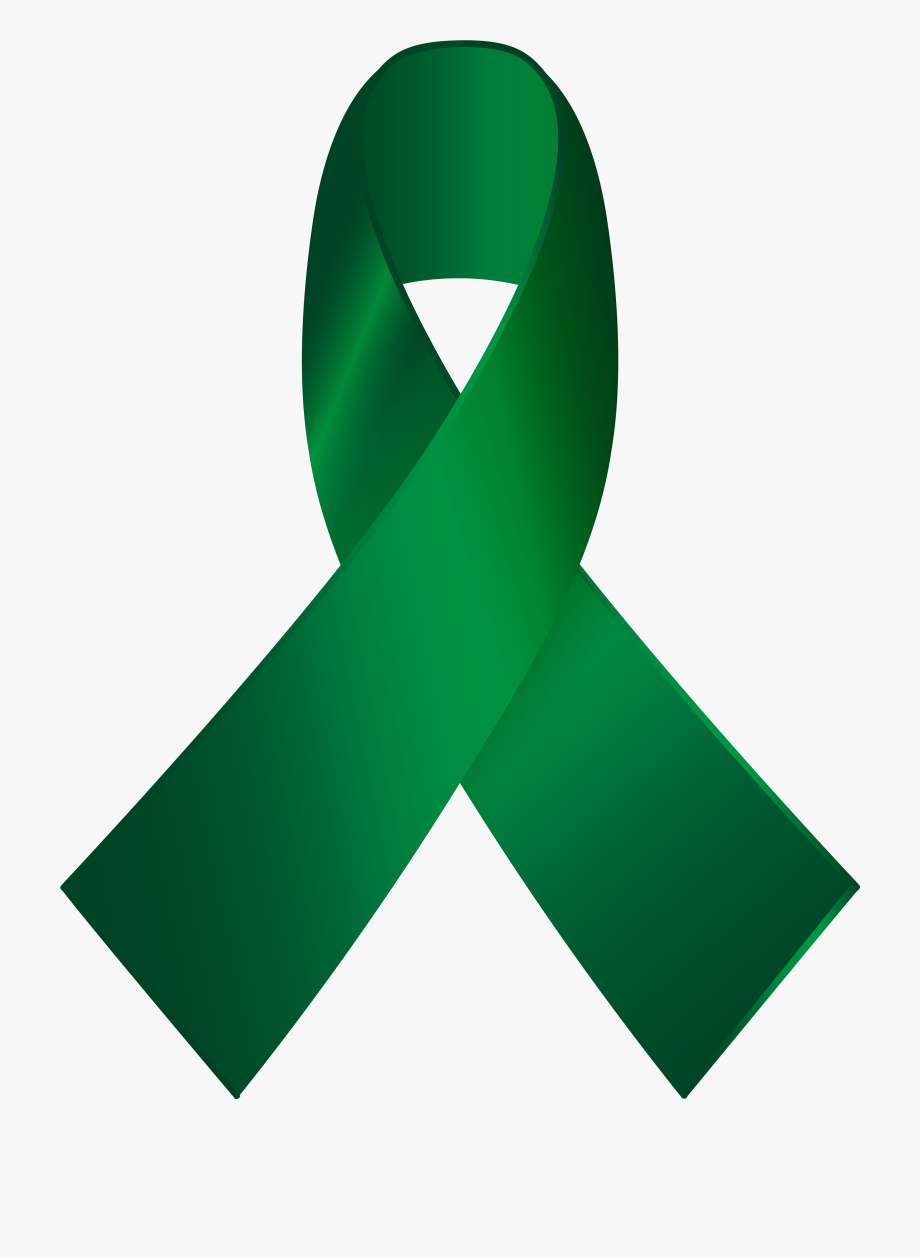
Morung Express News
Kohima | October 9
As the world observes World Mental Health Day on October 10 with the theme ‘Mental Health for all: Greater investment, Greater access,’ mental health professionals in Nagaland shared key issues challenging the citizens in the State.
“World Mental Health day is observed every year but I believe it is even more significant this year because of the profound impact the pandemic has had in our lives and has warranted the need for us to draw on our mental and emotional resources,” says Kikruwheno T Medom, Clinical Psychologist, District Mental Health Program (DMHP) District Hospital Dimapur.
While consequences of the COVID-19 pandemic have been felt, mental health professionals in Nagaland are optimistic that it has opened greater accessibility for people to seek help more than before.
Speaking on greater investment and accessibility on mental health, Imlibenla Mongro, Clinical Psychologist at the Christian Institute of Health Sciences and Research (CIHSR) viewed that in Nagaland, investment and accessibility will be possible with the generation of resources from the community. “In Nagaland, the resources that we can generate is to equip community workers with psychological first aid—knowing a little bit about what to do before they can refer to the professionals,” says Mongro.
Further, peer and support group in schools and colleges are essential, as Mongro suggests, where students are trained and assisted to identify problems with one another and provide support at their own level.
The importance of including career opportunities and potentials in the mental health sector in career counseling was also highlighted, as Mongro aptly states, “Awareness helps a lot in creating accessibility."
On a more personal level, self care is an important investment to one's mental health as suggested by Kikruwheno T Medom. This year’s theme is a call to invest more in mental health, both at the corporate as well as at the individual level.
“Some important steps we can take to care for our mental well-being are avoiding use of alcohol and other substances, maintaining good sleep routine and eating healthy, engaging in some form of exercise daily, decreasing screen time, regulating our negative emotions, learning how to problem solve and deal more efficiently with stress, better time management, giving time each day for activities that give relaxation, connecting with people and nature,” recommends Medom. The simple practice of gratitude, according to Medom, is found to have profound impact on one's mental and emotional wellbeing.
Further Mongro too mentions that mental health should be an important investment in many sectors such as educational institutions, offices, military, homes and not just hospitals.
Some of the key challenges confronting the State according to the health professionals are stigma, misinformation, lack of awareness, ignorance, negligence and culture. According to a social worker and mental health professional, culture and religious beliefs of Nagas is one major challenge that hampers many from seeking help despite the availability of mental health professionals.
Stigma, according to Mongro, compels many to hide their illness from society and even family.
While professionals are trying to make mental health more accessible, Mongro says the community must also try to stop the stigma. “Stigma often hampers accessibility. If people can freely talk about mental health problems like they talk about other diseases, then only people can freely come forward,” says Mongro.
From experience, Medom states that lack of awareness and misinformation about mental illness are common issues. “But on the positive side I also come across openness and curiosity in a majority of the people to learn more about mental illness,” she adds.
While greater investment is required from the government, greater accessibility will come with the change in the mindsets of the community, and the support it provides to people going through mental health problems.
“Accessibility can come not so much from the professionals but mostly from the community from our own homes, friends circle, colony,” says Mongro citing that support can be something as simple as holding hands on the way to the hospital, and instilling courage and motivation to the patient.
For Medom, shifting the paradigm "from talking about mental illness to talking about mental health creates a more inclusive atmosphere for everyone to participate in taking preventive and protective measures for their mental well being."






